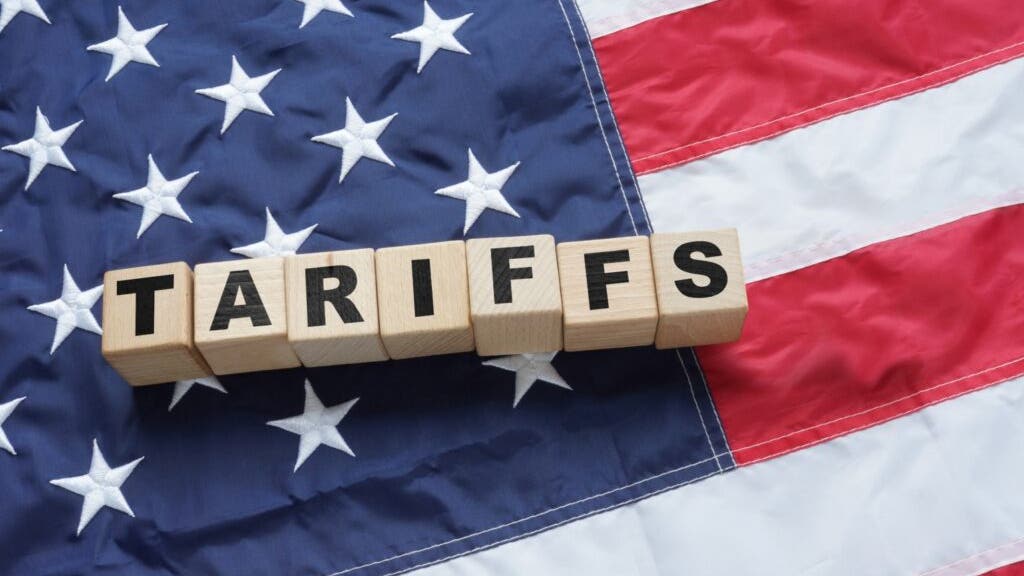Tariff Tsunami: Small Businesses Crushed by Trump's Trade War

Global Markets Reel as Trump's Tariff Announcement Sparks Economic Uncertainty
In a dramatic economic development, President Donald Trump's recent tariff announcement on April 2nd sent tremors through global financial markets, creating widespread concern about potential economic repercussions. The move has not only unsettled investors but also prompted serious economic warnings from leading financial experts.
JPMorgan Chase, a prominent financial institution, has significantly increased its recession probability forecast, raising the odds from 40% to a stark 60%. The bank attributes this heightened risk to severe supply-chain disruptions triggered by escalating trade tensions between major global economies.
The ongoing trade conflicts are now demonstrating tangible impacts on businesses worldwide. As nations respond with retaliatory tariff measures, economists are growing increasingly concerned about the potential for a broader economic downturn. The intricate web of international trade is being strained, with companies facing unprecedented challenges in navigating this volatile economic landscape.
The ripple effects of these trade tensions are far-reaching, threatening to undermine global economic stability and potentially pushing several economies closer to a recessionary environment.
